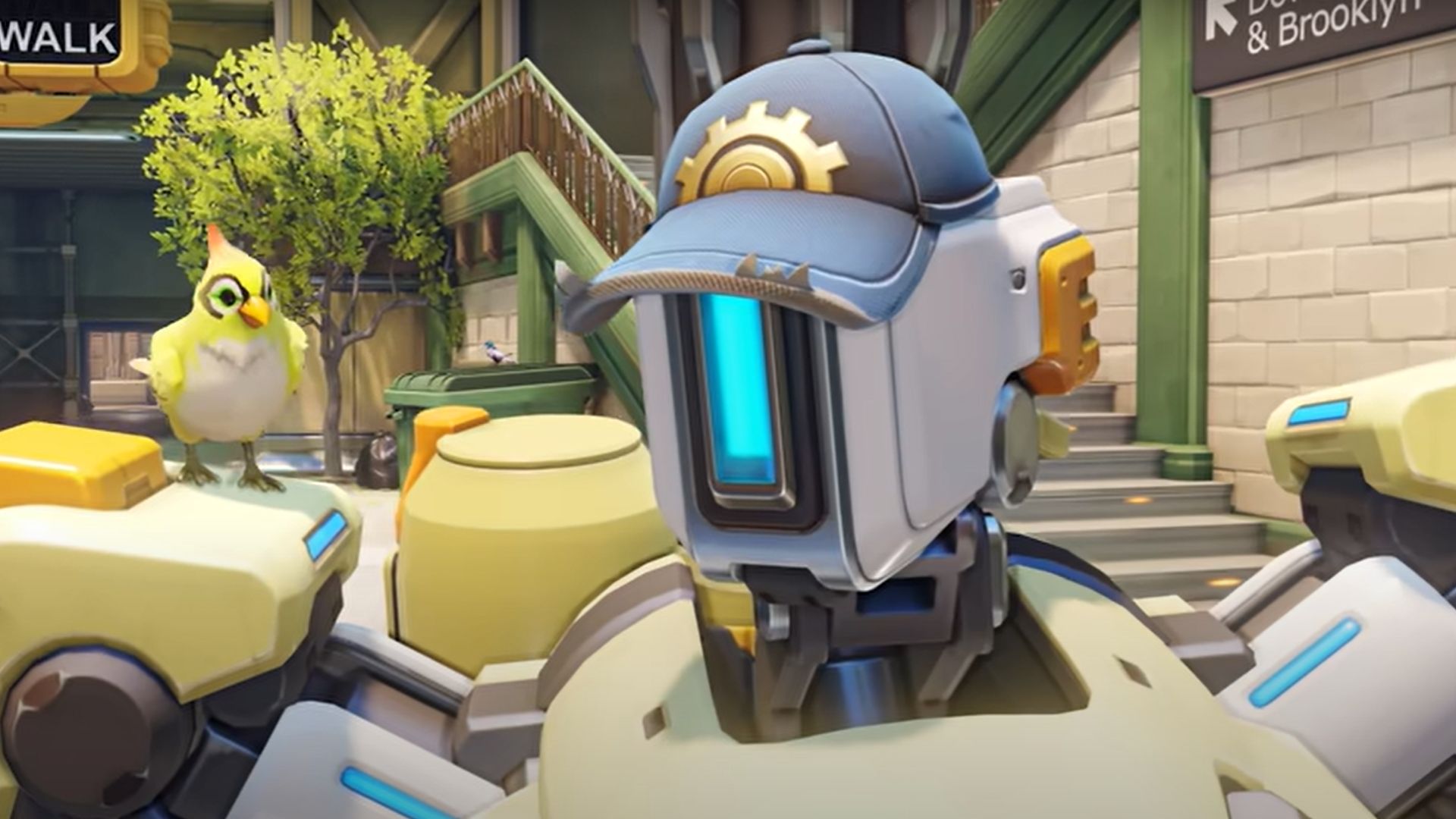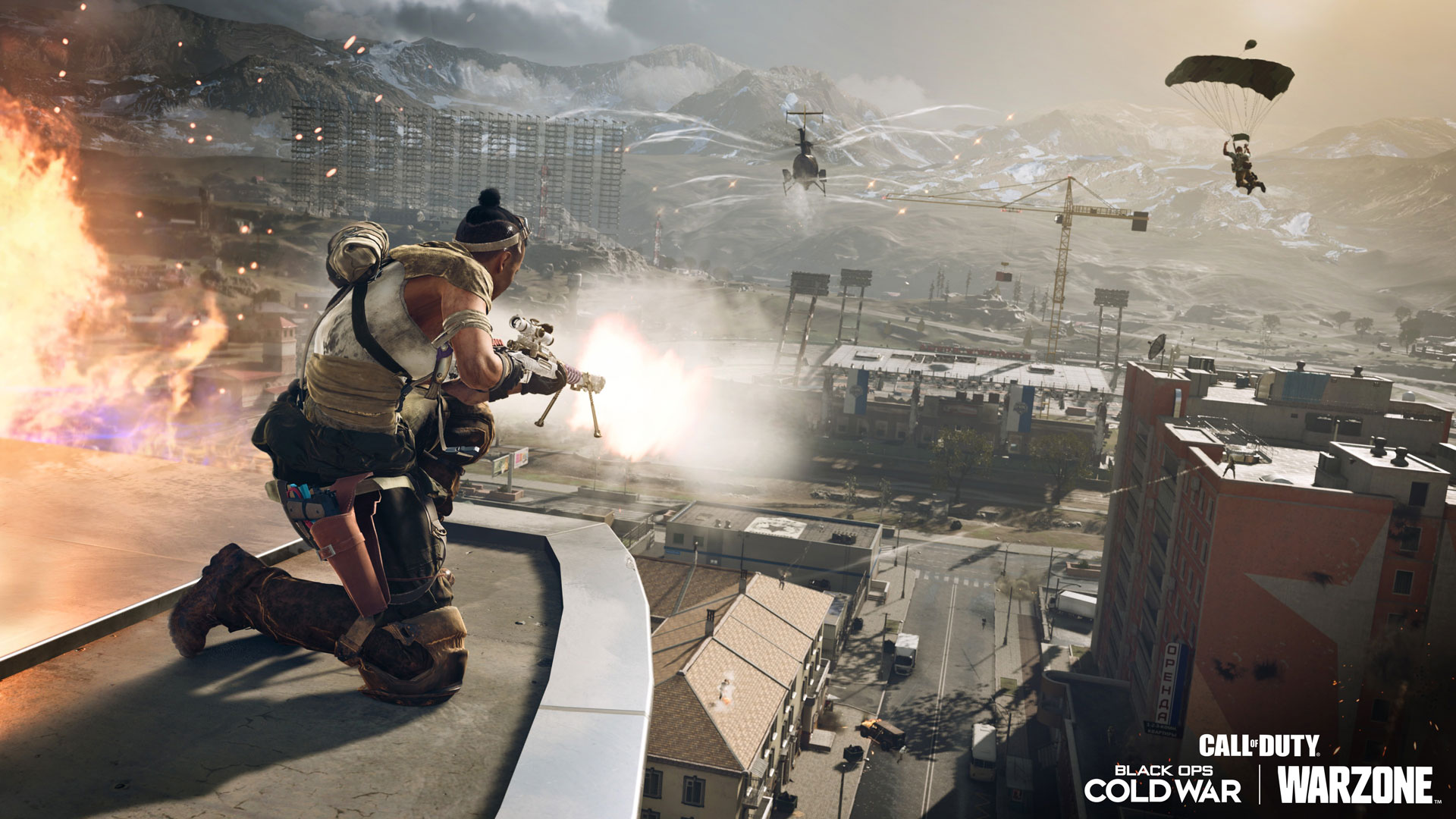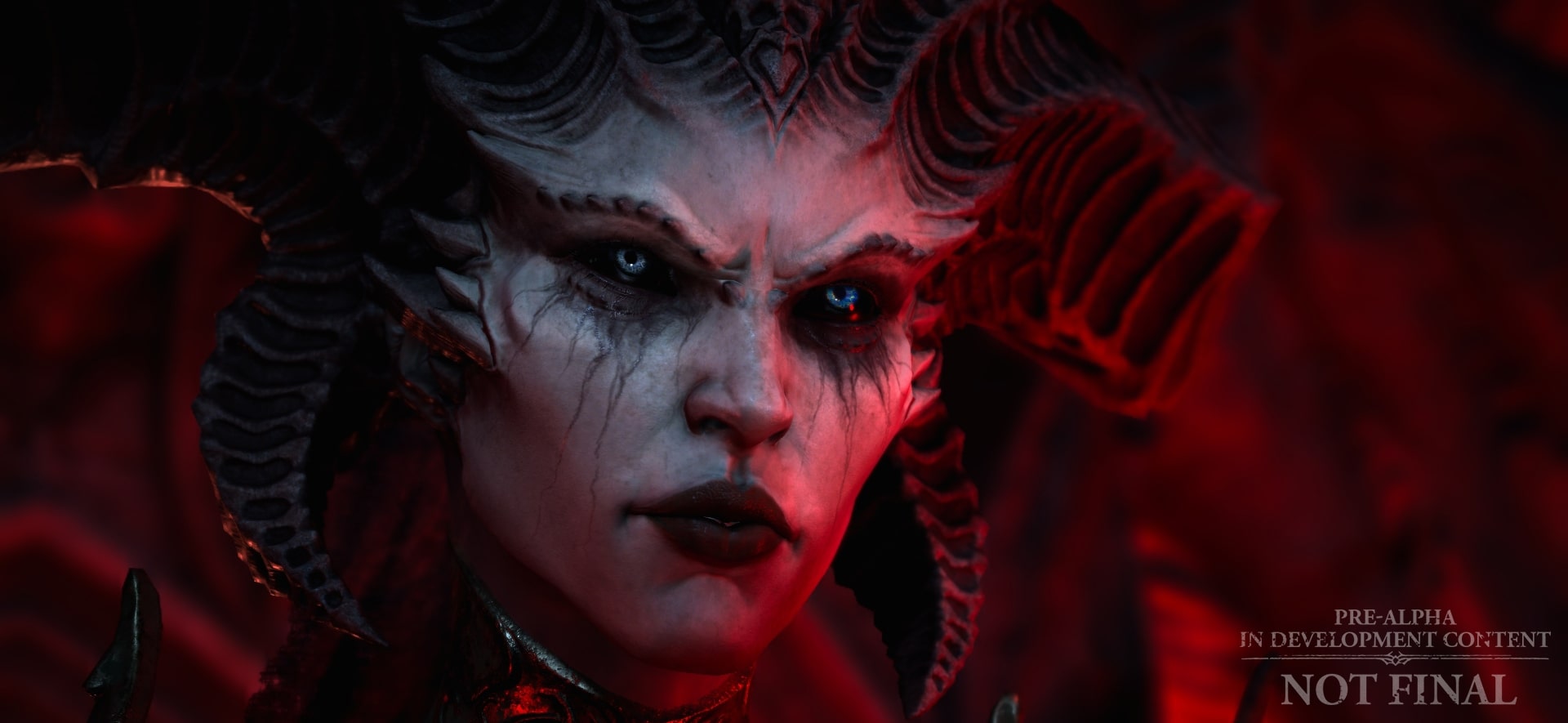Hours after Microsoft says it's buying Activision, the US government says it's overhauling merger guidelines
The FTC couldn't comment on the proposed Activision Blizzard merger specifically, but man, talk about timing

On the heels of Microsoft's Activision purchase, the US government's Department of Justice and the Federal Trade Commission launched a joint review of antitrust merger guidelines.
The DOJ and FTC monitor and may investigate mergers and acquisitions which, to put it very simply, could break antitrust laws, usually through anticompetitive or monopolistic arrangements. In a joint livestream earlier today, FTC chair Lina Khan explained that "the FTC and DOJ today are jointly launching a review of the merger guidelines" to improve the ability of antitrust agencies to assess "unlawful mergers" and enforce regulations.
"Recent evidence indicates that many industries across the economy are becoming more concentrated and less competitive – imperiling choice and economic gains for consumers, workers, entrepreneurs, and small businesses," the FTC said on Twitter. "These problems are likely to persist or worsen due to an ongoing merger surge that has more than doubled merger filings from 2020 to 2021."
Activision CEO Bobby Kotick briefly touched on this sort of red tape in an interview with VentureBeat, affirming that Microsoft will "drive the bus, obviously, on the antitrust issues" when asked about the implications of the deal.

It's worth noting that, despite the whiplash-inducing timing, none of this is a direct response to the Activision Blizzard acquisition. The real shock is that the biggest deal in the history of the games industry was announced just hours before a sweeping review of the US guidelines governing the space where that deal would be struck. But given the FTC and DOJ's goals here – ensuring that merger guidelines reflect the "new realities" of modern and digitally complex businesses, as Khan put it – it's possible that changes made as a result of this review could conceivably affect deals in the same vein as Microsoft's acquisition of Activision Blizzard. How, exactly, remains to be seen.
The Activision deal was raised by reporters in a post-stream Q&A, but FTC and DOJ representatives refused to comment on it directly. When reached by GamesRadar, an FTC representative reiterated that "the aforementioned Microsoft and Activision Blizzard acquisition is a proposed merger, so we can’t comment on it."
In a recent CNBC Squawk Box segment, Loup Ventures founder Gene Munster argued that this deal is on a "collision course" with lawmakers in Washington. However, Becket McGrath, a partner at the London-based competition law firm Euclid Law, doesn't expect "a lot of competition issues from this deal."
Sign up to the GamesRadar+ Newsletter
Weekly digests, tales from the communities you love, and more
"The only potential one I can see is vertical, i.e. the combination of the leading Xbox gaming platform with a large supplier of games," McGrath told GamesRadar. "This may require assurances that Activision’s games will continue to be available on equal terms to rival consoles and gaming platforms. A lot depends on the market dynamics plus the strategic rationale for the deal and the extent to which this might rest on Microsoft getting preferential access to Activision’s games."

Phil Spencer, Xbox boss and CEO of Microsoft Gaming, stressed that this deal isn't meant to "pull communities away" from PlayStation, Xbox's direct competitor in the console space. Microsoft used similar language following its purchase of Bethesda, which has since seen many of its upcoming games tethered to Xbox, so there's still plenty of room for some Activision games to become Xbox console exclusives. We also know that Xbox Game Pass will now enjoy existing and future Activision-published titles, which is a big advantage for the platform.
"It’s worth noting that there is a lot of regulatory focus on large tech platforms at the moment," McGrath added. "While Microsoft is not the main target, its acquisitions will tend to come under closer scrutiny than those by other companies and this could influence the intensity of review here. I would expect this to be reviewed in Europe by the European Commission, given the parties’ size."
Back in the states, mergers and broader consolidation have been especially hot topics since July 2021, when president Joe Biden issued an executive order on "promoting competition in the American economy." This order can reasonably be read as a precursor to the DOJ and FTC's announcement today, as it notes that "the Attorney General and the Chair of the FTC are encouraged to review the horizontal and vertical merger guidelines and consider whether to revise those guidelines."
It's still unclear if Microsoft's deal with Activision Blizzard will be tripped up by existing antitrust regulations, to say nothing of guidelines that may yet be updated. The deal is currently scheduled to close by the end of the 2023 fiscal year, concluding on June 30, 2023.
CEO Bobby Kotick will reportedly leave Activision Blizzard once the deal is closed.

Austin has been a game journalist for 12 years, having freelanced for the likes of PC Gamer, Eurogamer, IGN, Sports Illustrated, and more while finishing his journalism degree. He's been with GamesRadar+ since 2019. They've yet to realize his position is a cover for his career-spanning Destiny column, and he's kept the ruse going with a lot of news and the occasional feature, all while playing as many roguelikes as possible.


